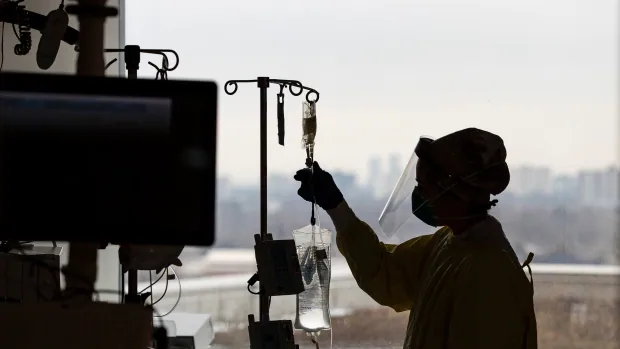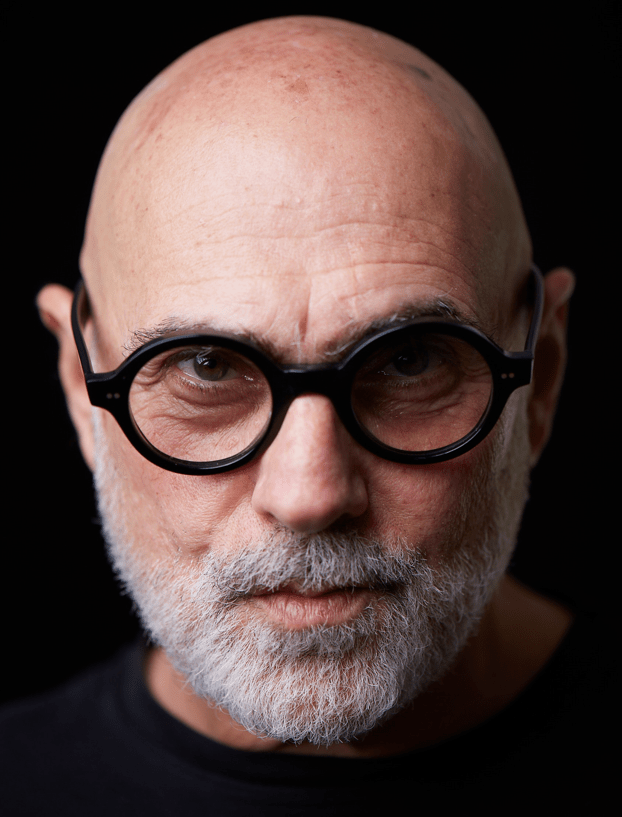Ontario’s COVID-19 hospitalizations climbed again Wednesday to 1,662, the most reported at any point during the sixth wave of the pandemic in the province.
Of those patients, roughly 45 per cent were admitted due to the illness, while about 55 per cent were already in hospital when they tested positive, according to the Ministry of Health.
- Have a coronavirus question or news tip for CBC News? Email: ask@cbc.ca or join us live in the comments now.
Overall admissions to intensive care fell slightly from a sixth-wave high of 206 to 203. Fully 60 per cent of those people were sent to critical care directly because of COVID-19.
The Ministry of Health also reported the deaths of 28 more people with COVID, the highest single-day tally in two weeks.
Limited laboratory testing confirmed another 1,073 cases of the virus. Public Health Ontario reported a 16.8 per cent positivity rate from the 21,988 PCR tests that were completed.
The total number of active cases of COVID-19 across Ontario fell for a fourth straight day, down to 31,080. Ontario’s pandemic advisory table said last week that, based on wastewater data, the ongoing sixth wave may have crested. It cautioned, though, that Easter long weekend gatherings could result in another temporary surge upward in active cases.
Meanwhile, public health units administered another 40,643 doses of COVID-19 vaccines on Tuesday, the majority of which were second booster shots for eligible Ontarians aged 60 and older. More than 87 per cent of Ontarians aged 12 and up have had at least two doses of vaccines.
Small bump in cases likely from holiday gatherings
The scientific director of the panel advising Ontario on COVID-19 says cases might rise a bit after the holiday weekend.
Dr. Peter Juni said wastewater data shows a possible peak, the number of health-care workers testing positive for the virus has plateaued, and test positivity has also plateaued.
There may be a rise in cases following holidays such as Easter, Passover and Ramadan, which is ongoing, but it will likely be small, he said.
“There may be a bit of a bump,” Juni said. “But no, it would not change the fundamentally the trajectory of this wave.”
Juni said the sixth wave will likely either stay on a plateau or start decreasing because of a high level of immunity from vaccines and recent infections, as well as warmer weather allowing for more outdoor activities, which have a lower risk of transmission.
Next week’s data will reflect the impacts of gatherings over the long weekend, he said.




















Discussion about this post